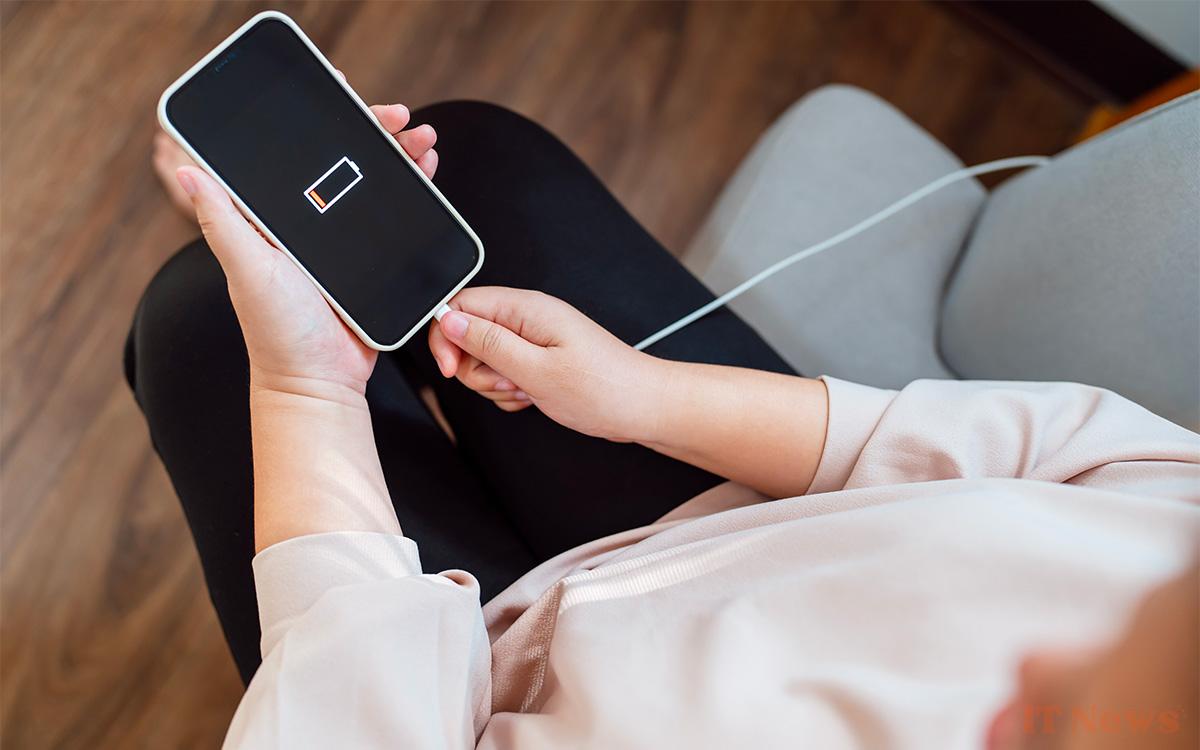From June 20, 2025, the EU will expect its EPREL label to be applied to all smartphones and tablets sold in member countries. In addition to having to display an energy label on their devices, manufacturers will also have to comply with new requirements in terms of eco-design and sustainability.
You may not be familiar with the European EPREL label, yet you regularly come across it in household appliance stores. For good reason, it is thanks to this label that all refrigerators, freezers, ovens, dishwashers, and kitchen hoods display an energy label.
And as the European Commission has just announced, this label will now be extended to smartphones and tablets sold in the EU from June 20, 2025. Concretely, what will change for consumers? First of all, these devices will have to display information on their energy efficiency, battery life, protection against dust and water, and their resistance to accidental drops on this famous label.
For the EU, this device will “help consumers make more informed and sustainable purchasing choices, while encouraging sustainable consumption”.Another important point is that the label will also mention for the first time the new repairability score introduced by Brussels. It replaces the French repairability index, which was abandoned in February 2024 under pressure from the Commission.
Also read: The EU wants to force Apple to make the iPhone compatible with other brands' connected devices
More sustainable smartphones and tablets from June 2025
But that's not all! Smartphone and tablet manufacturers will also have to comply with new eco-design requirements. For example, batteries will have to retain at least 80% of their charge after undergoing 800 charge and discharge cycles. Here is the exhaustive list of requirements cited by the EU:
- resistance to accidental drops and scratches
- protection against dust and water
- obligation for manufacturers to make critical spare parts available within 5 to 10 working days and for 7 years after the end of the product's marketing
- ensure software support for the operating system for at least 5 years from the date of end of marketing of the last unit of the product
- guarantee unlimited access to professional repairers any software or firmware required for repair or replacement operations
According to the European Commission, these various measures will ultimately save nearly 14 terawatt hours of primary energy each year by 2030. That's one-third of the energy consumption of these products today.




0 Comments